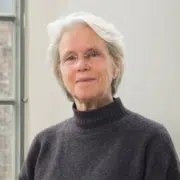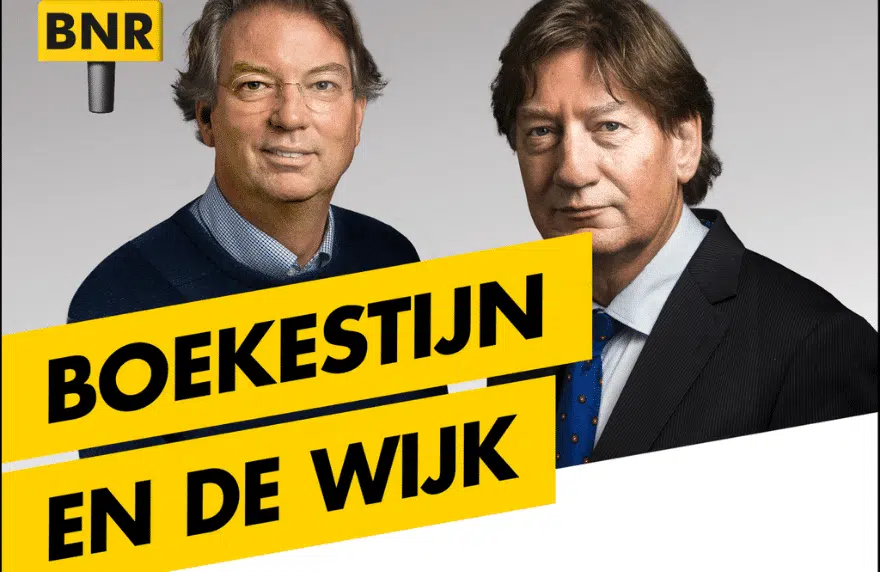Amsterdam is de grootste benzinehaven van de wereld. De boycot van Russische olie leidt hier nog niet tot tekorten, al is de aanvoer wel ‘kwetsbaarder’ geworden. De markt heeft voorgesorteerd op de sancties tegen Rusland, zegt energie expert Lucia van Geuns van het Den Haag Centrum voor Strategische Studies in Het Parool. Daarom is de olieprijs ook niet opgejaagd sinds de maatregelen op 5 december ingingen. “Er wordt gezocht naar alternatieven en de effecten voor Europa zullen pas in de loop van dit jaar uitkristalliseren,” verwacht zij. Nieuwe aanvoer komt uit Turkije, het Midden-Oosten of India.
Voor een deel gaat het daarbij wel degelijk om Russische olie. “Een beetje wassen en strijken – raffineren en mengen – en vervolgens terug naar Europa,” zegt Van Geuns. India profiteert bijvoorbeeld sterk omdat het ruwe olie voor een zacht prijsje koopt van de Russen. “Die olie valt niet onder het boycotregime en de geraffineerde producten zoals diesel die vervolgens worden geëxporteerd zijn moeilijk te controleren,” zegt Van Geuns.
Toch hebben de boycotmaatregelen wel effect, zegt Van Geuns, omdat de Russen veel minder winst maken op hun olie. Daarbij komt dat India, Turkije en het Midden-Oosten hun eigen raffinaderijen hebben, dus zijn ze minder geïnteresseerd in lucratieve olieproducten als diesel. Van Geuns: “Het gaat misschien de wasstraat in, maar Poetin voelt het wel degelijk in zijn portemonnee. Mogelijk hebben ze al de helft minder inkomsten dan in januari 2022. De olieboycot van de EU kost Rusland 160 miljoen euro per dag.”
Volgens de ambities van haven en stad moet het tegen 2050 gedaan zijn met fossiele brandstoffen in Amsterdam, maar juist vanwege de huidige onzekerheid over benzine en diesel waarschuwt Van Geuns voor al te hooggespannen verwachtingen over het tempo waarin fossiele brandstoffen in de haven plaatsmaken voor groene energie.
Van Geuns hoopt op een geleidelijke wisseling van de wacht, maar vreest voor een chaotische overgang met periodes van plotseling opgejaagde energieprijzen, wanneer onzekerheid ontstaat over de beschikbaarheid van brandstoffen. “Dan gaan we dat allemaal merken in onze portemonnee en het kan de energietransitie nog vertragen ook. In de hele samenleving hebben we een wat gepolariseerd idee van: ‘groen is goed en fossiel is fout’. Je zou meer samenwerking willen zien tussen de bestaande industrie, die nog erg leunt op fossiele brandstoffen, en de nieuwe duurzame industrie die we aan het opbouwen zijn. De investeringskracht van de oude industrie is veel groter, dus die kunnen mogelijk grotere stappen zetten.”
“Het gevaar is dat we het moeilijker maken om de energietransitie te realiseren,” zegt Ramon Ernst, directeur van Evos “Wij slaan al biobrandstoffen op en als we dat niet meer doen is er morgen ook geen verduurzaming van kerosine meer. De energietransitie zal niet door een start-up op de Zuidas worden gedaan, maar door dit soort bedrijven.” Maar wannéér de overgang ook voltooid wordt, het einddoel – groene energie – is duidelijk, belooft hij. “Dit gaat uiteindelijk de toekomst zijn en dat willen wij ook.”





